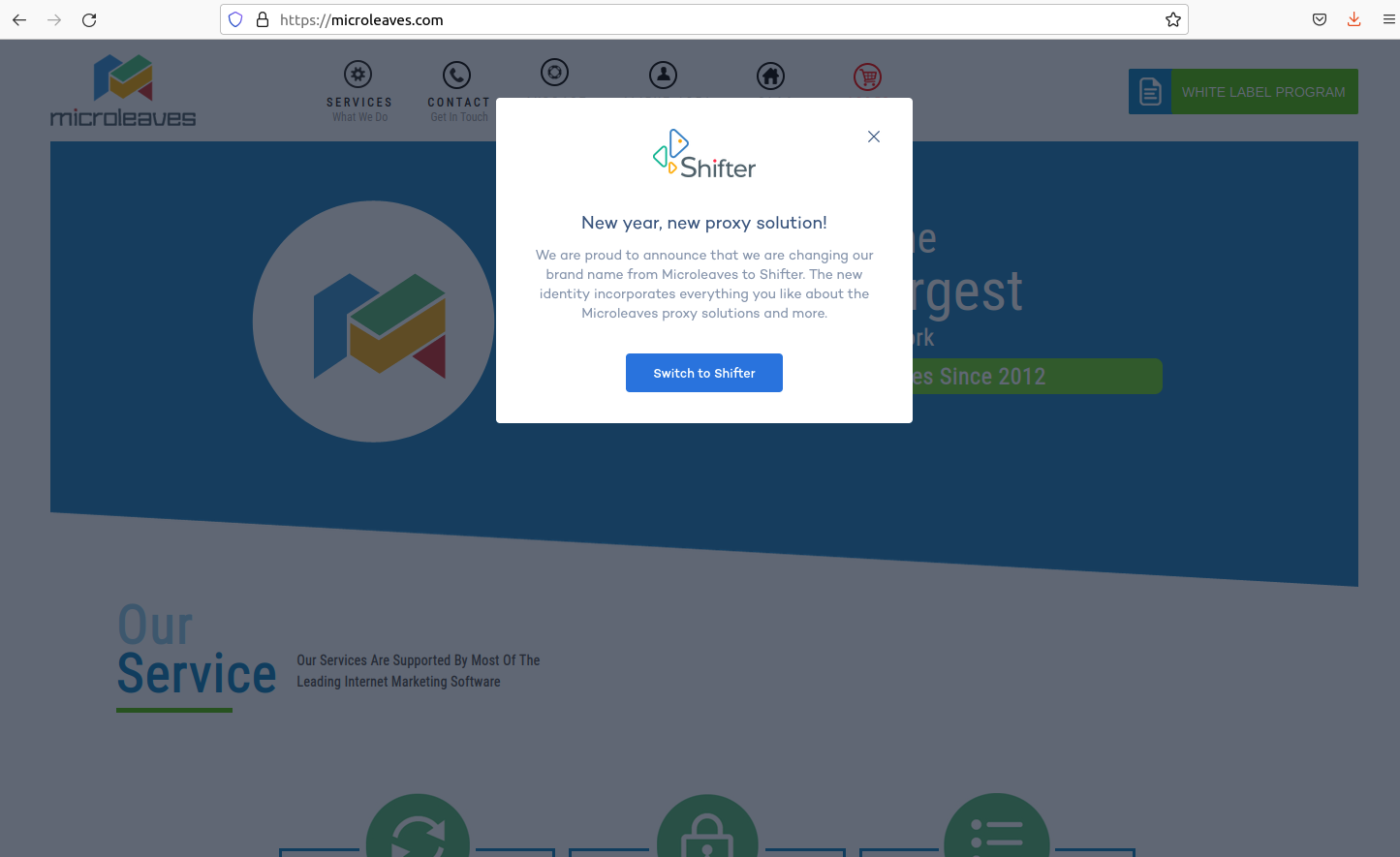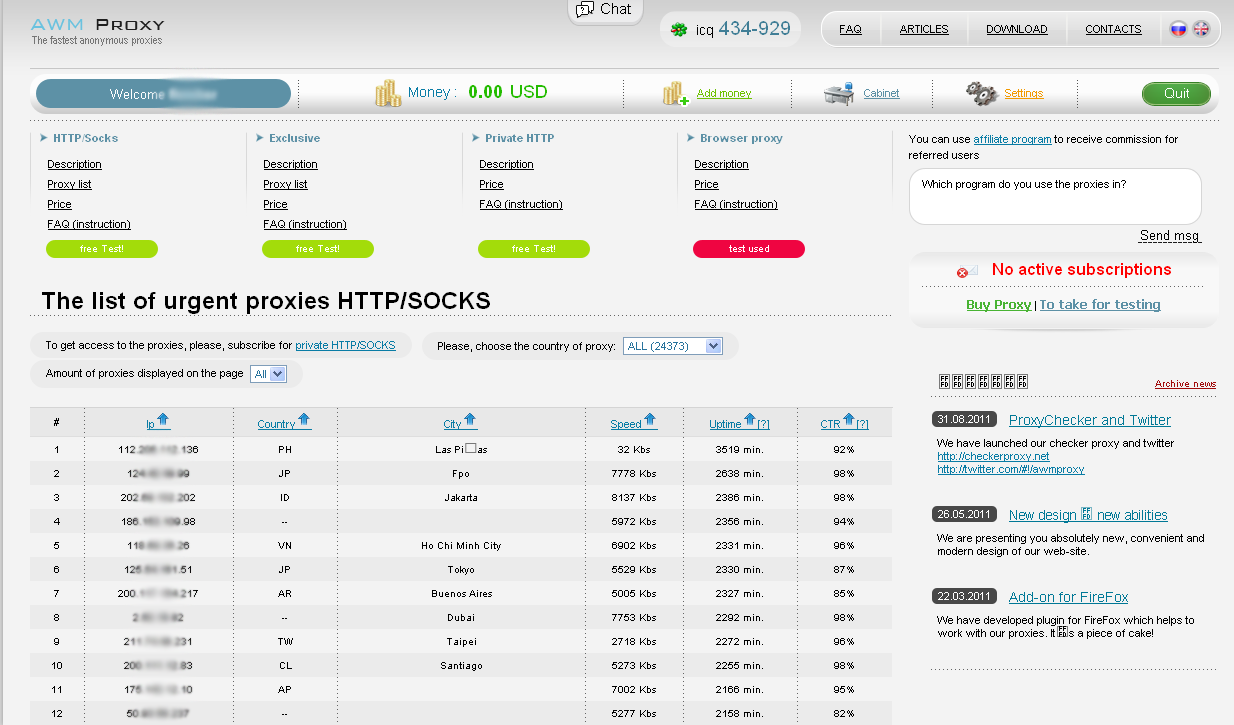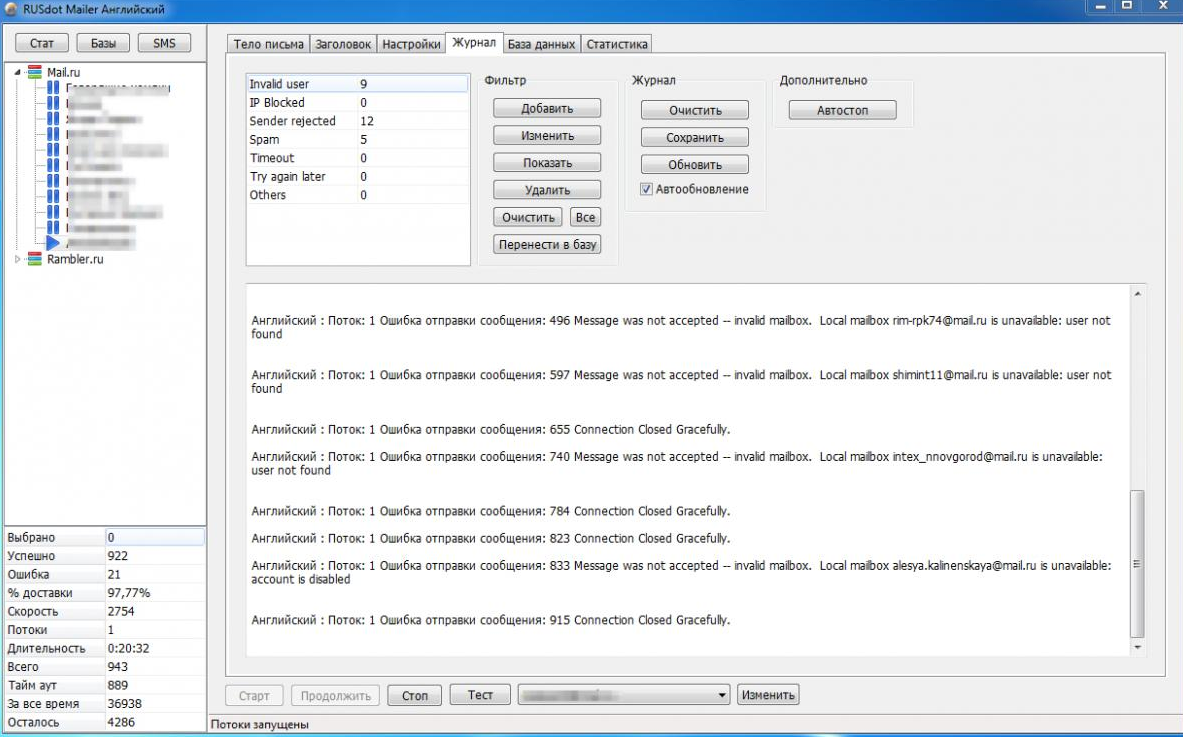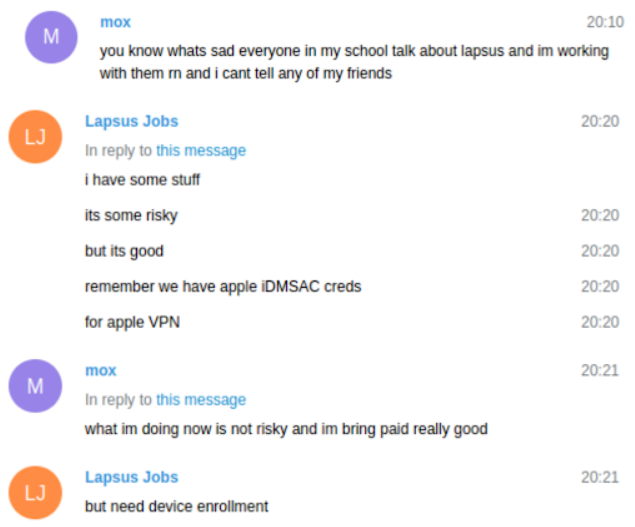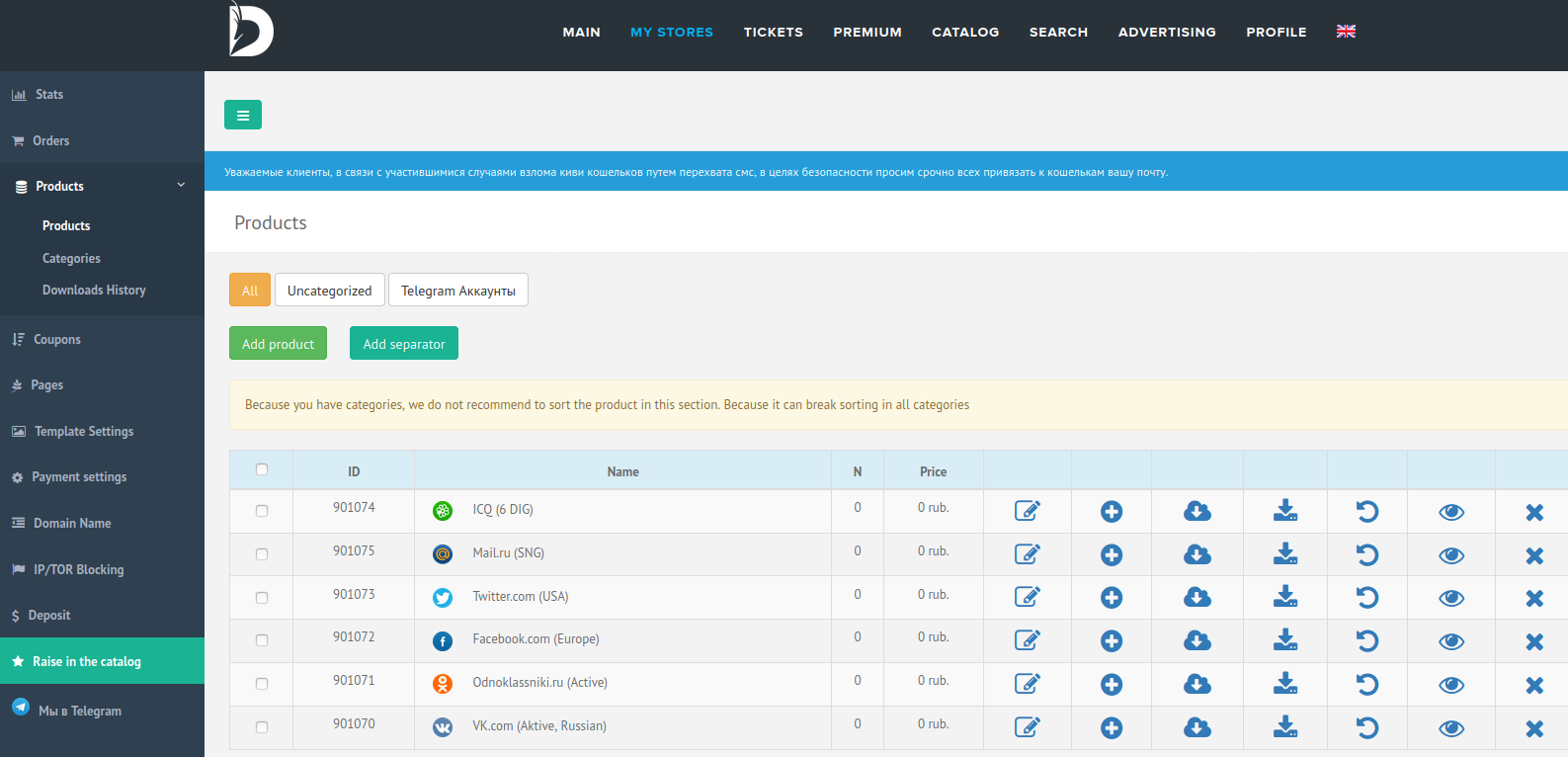Accused Russian RSOCKS Botmaster Arrested, Requests Extradition to U.S.

Credit to Author: BrianKrebs| Date: Fri, 23 Sep 2022 18:19:51 +0000
A 36-year-old Russian man recently identified by KrebsOnSecurity as the likely proprietor of the massive RSOCKS botnet has been arrested in Bulgaria at the request of U.S. authorities. At a court hearing in Bulgaria this month, the accused hacker requested and was granted extradition to the United States, reportedly telling the judge, “America is looking for me because I have enormous information and they need it.”
Read more
